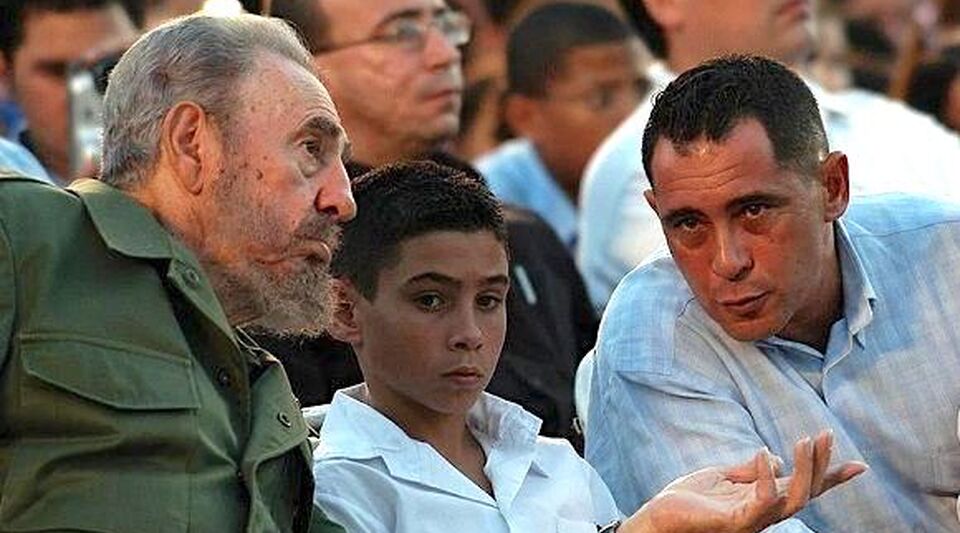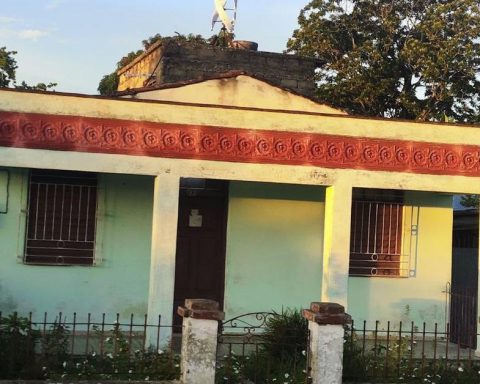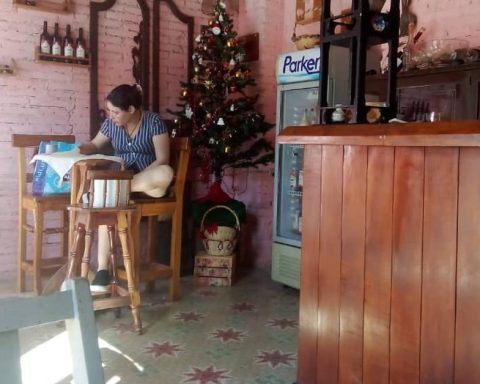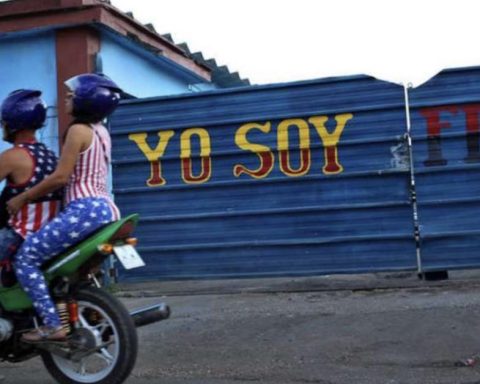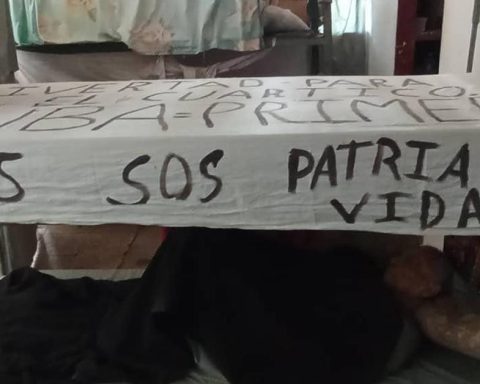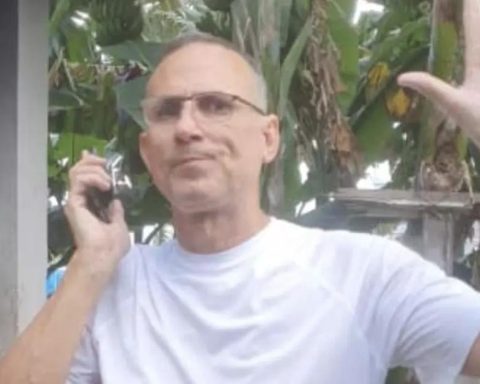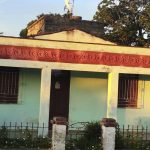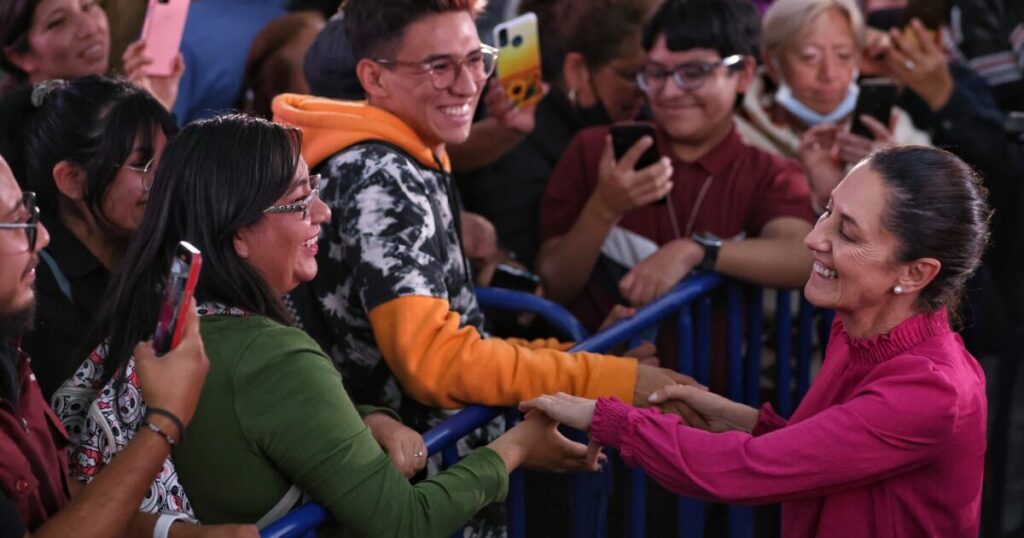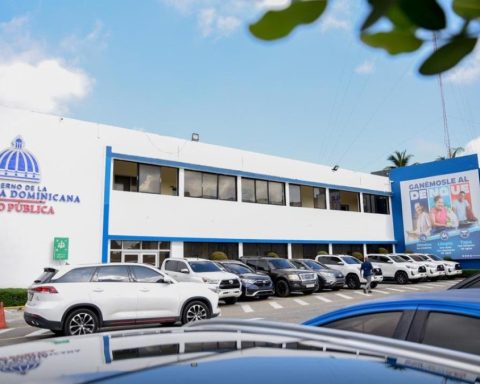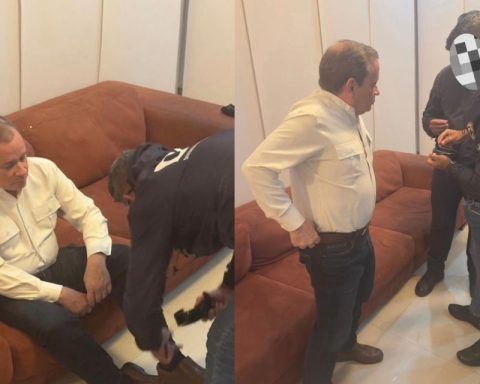At 29 years old, a managerial position in a military company in Varadero and his recent designation to be a candidate for the Cuban Parliament by Cárdenas, the once “boy” Elián González thinks highly of himself. In a interview published this Thursday in the newspaper of the communist youth, the also father of a two-year-old girl claims to feel proud that the voters of Matanzas have finally noticed his “qualities”.
Without ambiguity, González shows his best card on the political board: the reputation that the media campaign launched by Fidel Castro in the year 2000 gave him to achieve the return of the “rafter” to the Island from the United States. This episode is, for the young man, a “responsibility” that he owes to Castro, for having “mobilized” the same people that voted for him.
“I will always have the hand of Fidel and Raúl on my shoulder,” insists González, who already enjoys the “simple fact of being nominated” in advance, even without “being a deputy” yet. In case of occupying a seat in Parliament, of which the young man is absolutely certain, he plans to “approve the most just and equitable laws”, represent the “concerns” of his territory and be “faithful” to the legacy of the Castro. Even so, González does not commit himself to anything: “Many times we will not have the resources nor will we have an immediate response,” he warned.
At no time during the interview did he mention Miguel Díaz-Canel or the other members of the current government. He also does not mention that the area of Matanzas that he will have to represent has been characterized in recent years by the drop in tourism, inflation and the loss of purchasing power. In addition, it was precisely in Cárdenas where one of the most notorious popular protests in the history of the Island occurred, on July 11, 2021, and where police repression fell hardest.
“I know that the training that I have, the support and admiration that I enjoy from the people of Cuba, including this responsibility, I owe to Fidel,” he asserted.
His appointment to occupy a seat in the National Assembly of Popular Power (ANPP) leads González, rather, to evoke the past and revive his obsession with Fidel, which turned him into a banner of the “battle of ideas” and forced him to be present at public events.
His father, Juan Miguel González, also held a seat in Parliament. Elián sees this “coincidence” as another responsibility with the regime. “I know that the training that I have, the support and admiration that I enjoy from the people of Cuba, even this responsibility, I owe to Fidel,” he assured.
Despite his meteoric rise in the economic administration of the Island and, soon, in the Government itself, González alleges that he never aspired to any position, although he qualifies by saying that “he would be willing to assume it as long as it was required.” “The fact of knowing that I am going to share with a part of the historical leadership fills me with pride; knowing that Raúl will be there redoubles my happiness,” although he regrets not having been able to be “in that room” with Fidel Castro.
Both leaders, he admits, urged him on more than one occasion to follow “that path” of politics. His entry into Parliament, he says, is the sign that “I followed that path and I have done well.”
González spends several paragraphs reflecting on the impact that his position will have on his family. “I wouldn’t be a good Cuban if I didn’t take my problems home with me,” he assures, while pointing out that he warns that work will “steal time.”
In Cuba there is democracy because among his companions there is both a “major general” and the “president of the Council of Churches of Cuba.”
Asked about Cuban democracy, González avoided assessing the system in general and offered a vague answer: in Cuba there is democracy because among his companions there is both a “major general” and the “president of the Cuban Council of Churches.”
As expected, he referred to the “blockade” of the United States as the cause of all the ills of Cuba and detailed his idyllic vision of the Island, “a country [en el] that there are so many gratuities and social benefits.” In addition to the embargo, González supposes that the Cuban economy has a fault for allowing those who “don’t contribute anything” to receive the “same benefits” in health and education. “That hurts us,” lament.
He asked that, despite the evident economic crisis, the people “do not lose confidence in their leaders” and speak out their problems “without fear.” He did not clarify if among the ways to be heard by the leaders was the peaceful protest, for which hundreds of Cubans have been tried in recent months.
González, a member of the Union of Young Communists and with military training, is one of the great bets of the regime to rejuvenate its image. The election of young deputies has been, at least since the last legislature of Parliament, an instrument to appear to be an update that qualifies the traditional policy of “continuity”, the slogan of Díaz-Canel.
Victimism before the US and “politically correct” self-criticism characterize the discourse of young people affiliated with the regime. Despite his fifty years, the pro-government singer Israel Rojas repeated last Tuesday in a interview the same ideas about young people that Elián González held.
In short, Rojas said he defended “the Cuban cause, government apart. Because the government also screwed up.” He quickly qualified his statement and said that he did not mind being labeled an “official” musician, since “all speeches are official.”
________________________
Collaborate with our work:
The team of 14ymedio He is committed to doing serious journalism that reflects the reality of deep Cuba. Thank you for accompanying us on this long road. We invite you to continue supporting us, but this time becoming a member of our newspaper. Together we can continue transforming journalism in Cuba.
